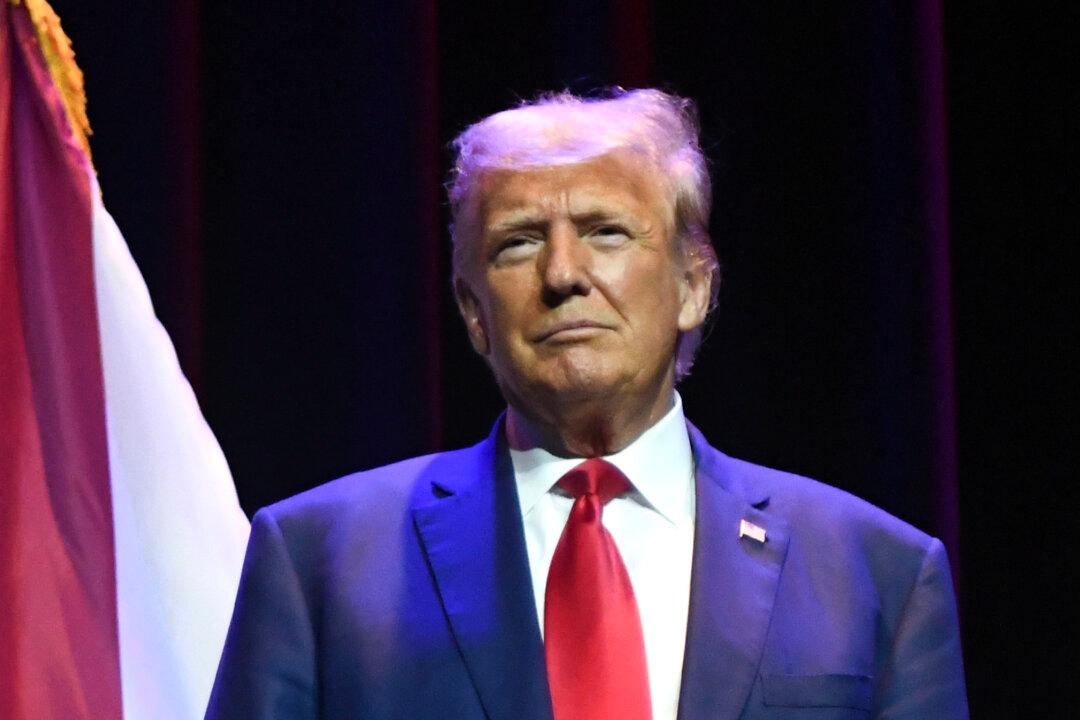The federal indictment against former President Donald Trump over his disputing the result of the 2020 presidential election has serious constitutional issues and won’t be looking good in the eyes of the Supreme Court, according to Horace Cooper, a constitutional law professor at George Mason University.
“Having read through this latest indictment, there are some significant constitutional infirmity concerns that I believe should have led our Attorney General [Merrick] Garland to decide to either send these back for a redo, or to not allow them to go forward at all,” the professor said in an interview on EpochTV’s “American Thought Leaders.”






